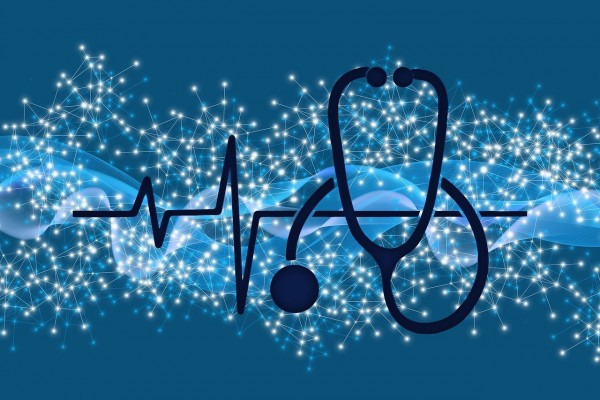Medical devices have transformed the way that healthcare is delivered and have become essential tools for a wide range of medical conditions. From life-saving implants to assistive devices that improve quality of life, medical devices play a crucial role in modern medicine. Below are some of the various medical conditions that often necessitate the use of medical devices to enhance patient care and well-being.
1. Cardiovascular Conditions
a. Coronary Artery Disease (CAD): Patients with CAD often require medical devices such as stents to keep their arteries open and maintain proper blood flow to the heart. Implanted pacemakers and defibrillators are also used to manage heart rhythm disorders. These are made and maintained to high standards, and if patients have concerns, there is now support available, such as this medical device injury attorney.
b. Heart Failure: In cases of heart failure, ventricular assist devices (VADs) and artificial hearts (total artificial hearts) can be used to support the pumping function of the heart while awaiting a transplant.
2. Respiratory Conditions
a. Chronic Obstructive Pulmonary Disease (COPD): COPD patients may need portable oxygen concentrators or mechanical ventilators to assist with breathing and oxygenation.
b. Sleep Apnea: Continuous Positive Airway Pressure (CPAP) machines are commonly prescribed for individuals with sleep apnea to maintain open airways when they're asleep.
3. Diabetes
a. Type 1 Diabetes: Insulin pumps are used by individuals to deliver insulin continuously, providing better blood sugar control.
b. Type 2 Diabetes: Continuous Glucose Monitoring (CGM) devices help individuals with type 2 diabetes track their blood glucose levels in real-time.
4. Orthopedic Conditions
a. Osteoarthritis: knee or hip joint replacements are often recommended for patients with severe osteoarthritis to improve mobility and reduce pain.
b. Spinal Conditions: spinal fusion implants, artificial discs, and spinal stimulators can provide relief for individuals suffering from degenerative disc disease or chronic back pain.
5. Neurological Conditions
a. Epilepsy: implantable devices such as vagus nerve stimulators (VNS) or responsive neurostimulation (RNS) systems help to manage seizures in patients with epilepsy.
b. Parkinson's Disease: Deep Brain Stimulation (DBS) devices can alleviate symptoms of Parkinson's disease by modulating brain activity.
6. Gastrointestinal Conditions
a. Inflammatory Bowel Disease (IBD): some individuals with IBD may require ostomy bags or devices to manage the diversion of bodily waste.
b. Gastroesophageal Reflux Disease (GERD): devices like LINX implants can help manage GERD symptoms by preventing stomach acid from flowing back into the esophagus.
7. Renal Conditions
Kidney Failure: hemodialysis machines and peritoneal dialysis devices are used to remove waste and excess fluids from the blood in individuals with kidney failure.
8. Cancer
Radiation Therapy: linear accelerators and brachytherapy devices deliver precise radiation treatment to cancerous tumors while minimizing the damage to surrounding tissues.
Conclusion
Medical devices have revolutionized healthcare, offering innovative solutions to manage and treat a wide range of medical conditions. These devices not only enhance the quality of life for patients but also contribute to better health outcomes and increased longevity.


